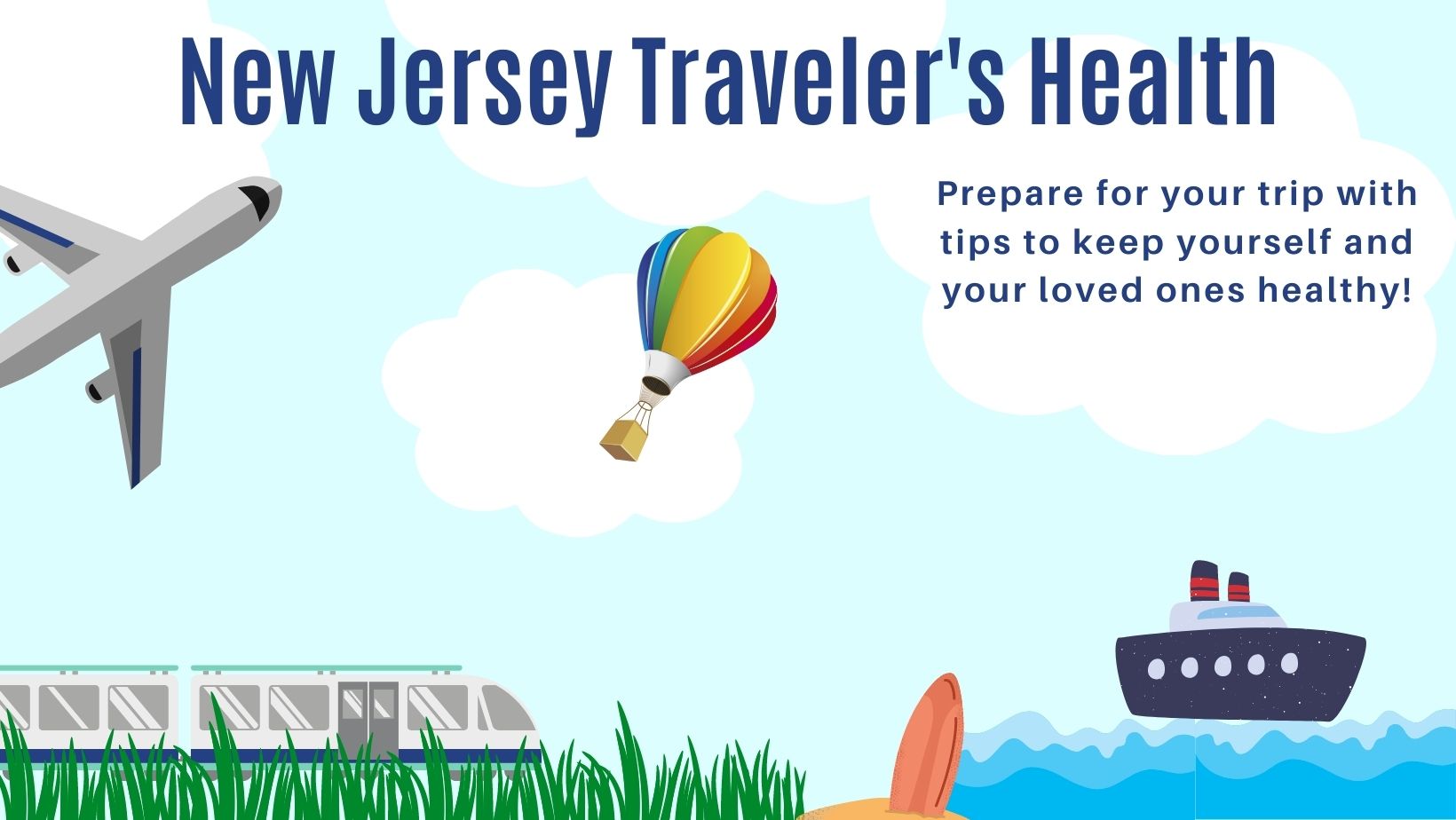
Locate Travel Health Services in New Jersey
Find travel health services across New Jersey with our user-friendly locator.
At travel health service locations, you can get vaccinations, testing, and treatment for your travel needs.
To add your facility to the locator or to report updated information, send an email to travelinhealth@njlincs.net.
Useful Apps
The Docket App keeps all of your vaccination information protected and accessible.


